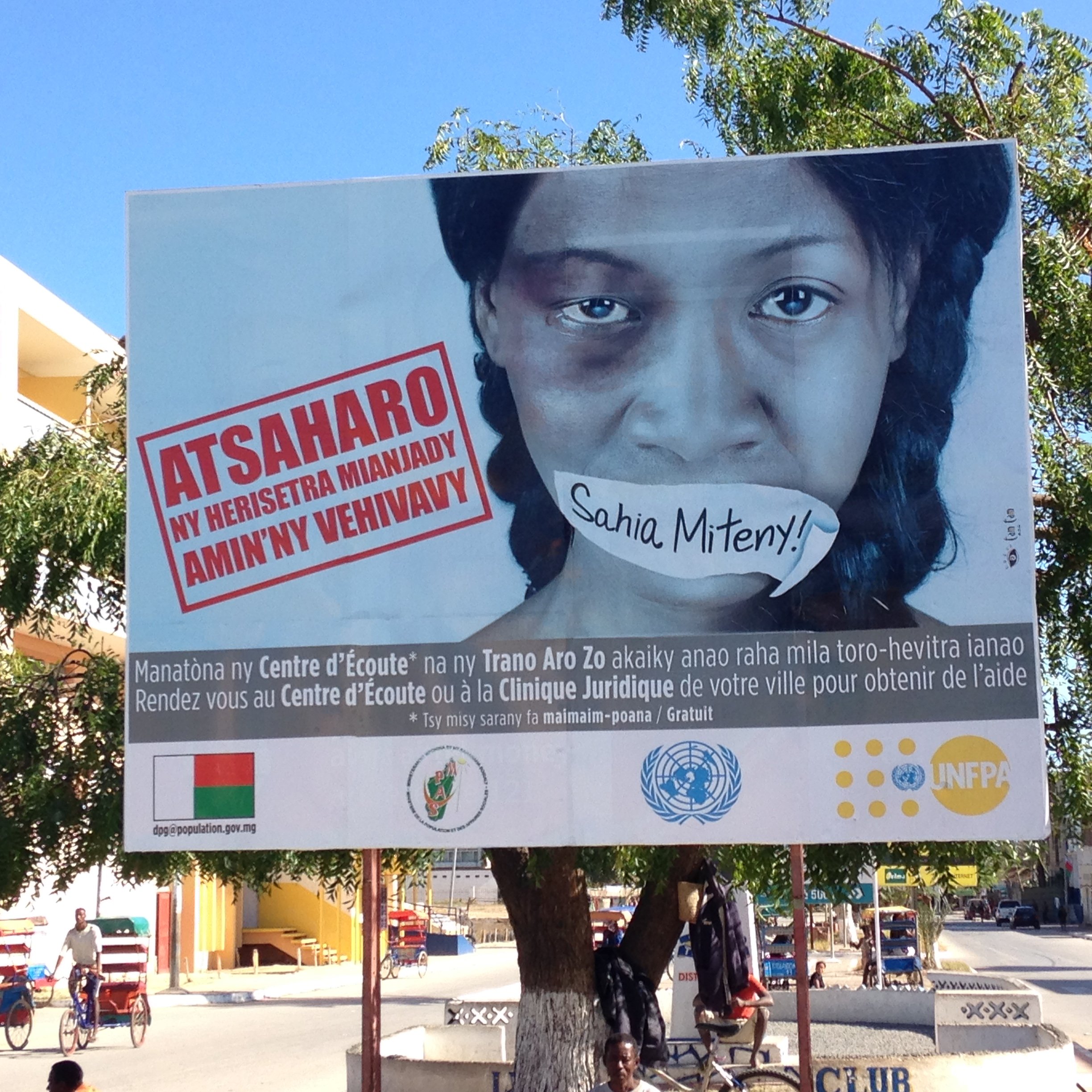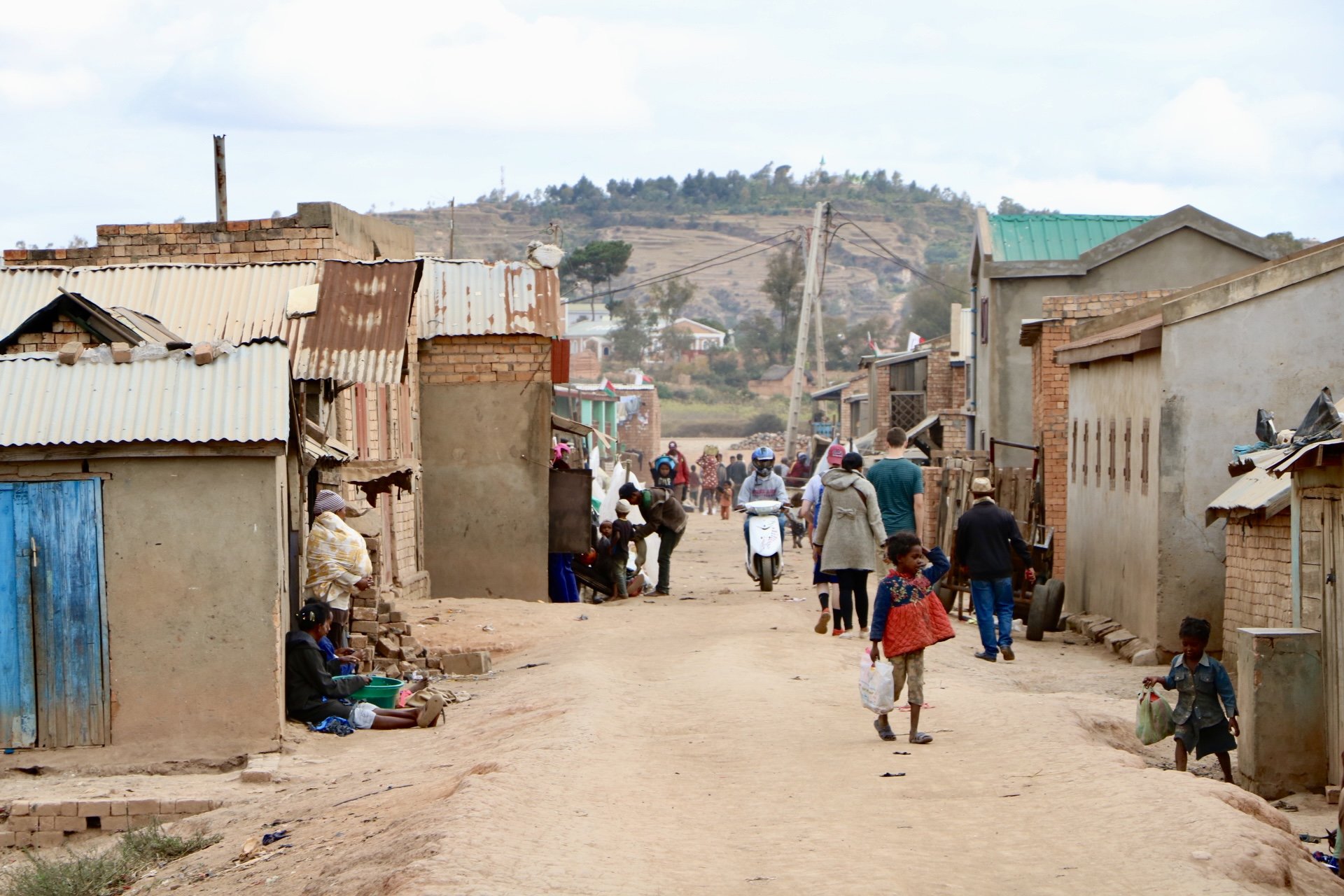China’s Africa
Photo by Shay Mason
June, 2019
The dusty streets of Antananarivo, Madagascar look the same as when I first walked them in 2012. Zebu-pulled carts remain piled high with mud bricks and rice, making the journey from the fields to the market. I still receive wide-eyed stares from children sitting on the cracked, uneven sidewalks, shouting "vazaha" (foreigner) as I walk past. However, as I raise my eyes and scan the skyline of this beautiful, hilled city, I am met with a view of Chinese funded luxury skyscrapers. Chinese billboards litter the hill tops, promoting resorts with prostitution services.
Madagascar is just one of the many global nations that have found themselves inundated with Chinese State and privately-owned companies. Offering infrastructure development in exchange for the extraction of a country’s natural resources, China has established itself as the largest trading partner of the African continent. China's trading methods raise extreme ethical concerns and speak to a wider discussion of contemporary Neocolonialism and economic colonialism. Neo-colonialism can be defined as "the use of economic, political, cultural, or other pressures to control or influence other countries". This is exactly what China is carrying out around the globe.
The infrastructure development that has taken place in Madagascar is in the form of cheaply built luxury hotels and resorts that the local Malagasy people cannot even afford to stay in as well as in much-needed transportation infrastructure. The Malagasy people are exploited for their cheap labor, under the guise of development, and China is the only country profiting. Harsh conditions in the Madagascar mining industry and vanilla industry raise questions about human rights abuses. Chinese hotels have also opened the door to human trafficking, further exploiting the Malagasy people. These companies are taking advantage of the land and the people for their own economic gain. China has no interest in legitimately developing the African continent. Their interests lie in the exploitation of natural resources, and the economic dominance of the Chinese State.
Unfortunately, many of the governments of these under-developed nations have found themselves indebted to China, unable to pay back the loans given for these infrastructure development projects. China's strategy is well disguised—masking their Neocolonialism as good-will. What many people don’t realize is that China's human rights abuses extend far past their own borders.
There needs to be a shift in the way that colonialism is discussed. Although the African nations may have gained their freedom from their European colonizers, China has taken advantage of the effects of colonialism throughout the continent. These countries are China's dependents—and that is exactly how China wants it.
Photo by Abigail Mason

